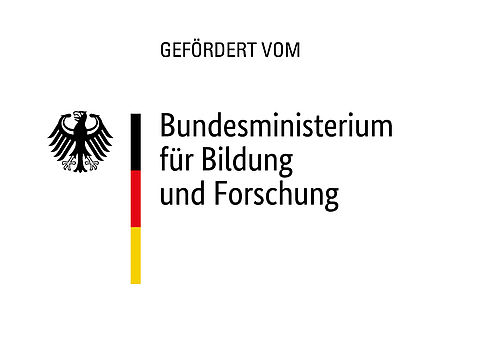Fre(E)s - Free online-platforms should count on give and take


When do customers willingly generate content for free E-Services? A team led by Jan H. Schumann, Professor of Marketing and Innovation at the University of Passau, found out in the project 'Fre(E)s' that the online-platforms can increase the users' motivation via an old principle.
The scientists at the University of Passau have found out how free E-Services can increase their productivity: they should appeal to the principle of give and take. This will work all the better if the website provides content of high quality that is not generated by the users themselves.
"As a result, the website can expect a greater financial gain as it can sell its advertising space much more expensive because of the possibility of targeting," writes the team of scientists in their final report. In fact, their study showed that 70 percent more users are willing to fill in an online questionnaire when the website argued that they owed it to the free content. The reasoning with the benefit of individually-tailored advertising, however, did not cut much ice. As part of the project 'Productivity of free e-services ('Fre(E)s')' the research team at the University of Passau investigated business models of free e-services. For the first time, they provided an entire overview of possible revenue models for free services. The following are common and can also be combined:
Freemium: Customers receive a free service, premium services are available for a fee.
Advertising: Companies sell advertising space on their platform to other companies. As a result, they turn the attention and reaction of their non-paying customers into money.
Licensing Content: The e-services supply certain content including those generated by users under license and sell them to third parties.
Data Intermediary: Companies sell customer data for analytics and market research.
While giants such as Facebook, Amazon and Google have turned data collection into a business model, free e-services in Germany did not take advantage of user data at the time of the survey. Many of the interviewed companies said that they had not yet made use of the profile information or other data. They stated that they did not even take this information into account when calculating the customer value.
Customers, however, are very likely to contribute to added value - especially when companies rely on user-generated content. 'Without the contribution and the activity of the customer, these platforms would be worthless for other customers and lose their economic base', the scientists write in their final report. A valuable tool for the recruitment of new customers is the Word-of-Mouth recommendation by other users; this saved the companies some considerable costs in the user acquisition.
Social Networks: recruit offline, keep online
The scientists also examined the challenges faced by managers of social networks. When recruiting new users, the managers should contact them offline. But if the new members should turn into active users of the platform, they should better not meet their friends too often offline: The researchers from Passau found out that members who need to maintain their friendship online because their friends live far away are more valuable than those who have the opportunity to meet their friends in the evening.
Participation and promotion
Jan H. Schumann, Professor of Marketing and Innovation at the University of Passau, coordinated the project, which ran from October 2010 to February 2014. It was a consortium project with several partners from science and practice, including the Technical University of Munich and ValueClick Deutschland GmbH. The project received funding from the German Federal Ministry of Education and Research (BMBF) (Project numbers: 01FL10038 / 01FL10039).
| Principal Investigator(s) at the University | Prof. Dr. Jan Hendrik Schumann (Lehrstuhl für Betriebswirtschaftslehre mit Schwerpunkt Marketing und Innovation) |
|---|---|
| Project period | 01.11.2010 - 31.10.2013 |
| Verlängert bis: | 28.02.2014 |
| Website | http://frees.wiwi.uni-passau.de/ |
| Source of funding |  BMBF - Bundesministerium für Bildung und Forschung |

